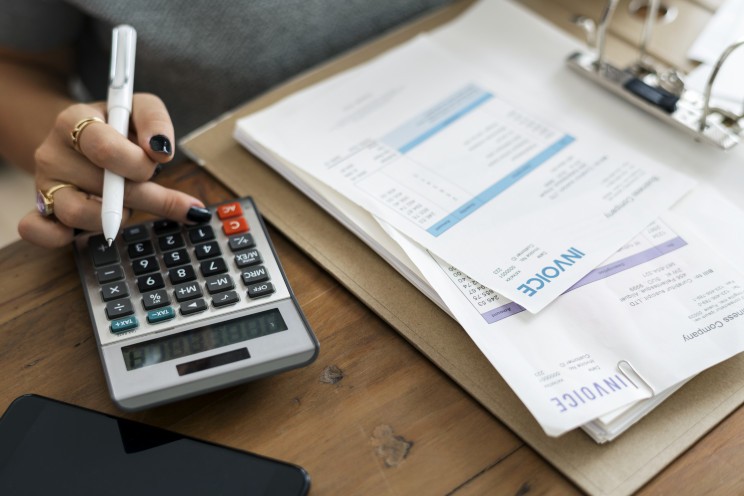
When buying a property in Spain, whether it's a holiday home or permanent residence, you will have to pay some sort of tax. This usually depends on the property you're buying, but includes VAT (known in Spain as IVA), which is applied to almost all transactions in Spain but changes depending on the product, and ITP, Property Transfer Tax. We have all the details on the taxes you have to pay when buying a property in Spain.
VAT on housing in Spain
VAT is a tax on consumption. When you buy something or contract a service, you pay the price of the good, plus taxes. The general VAT rate in Spain is 21%, however a reduced rate is applicable for housing and only has to be paid if you are purchasing a brand new property.
How much is the VAT on a new build in Spain in 2022?
In 2022, the VAT payable on the purchase of a new property is 10% of its registered value, except in the Canary Islands, where a rate of 6.5% is applied. This percentage is reduced to 4% if the property is publicly subsidised, although this may vary depending on the autonomous community. VAT of 10% is also applied to the annexes that are purchased with the new house, for example, parking spaces (up to a maximum of two) and storage rooms.
When is VAT paid on the purchase of a property in Spain?
The buyer of the property pays VAT at the moment of the transfer of the property, i.e. at the moment when the deeds are signed. In some cases, VAT may also be paid in monthly instalments prior to this if the property is purchased off-plan in advance.
What is the VAT on pre-owned housing in Spain?
VAT is not payable on the purchase of a pre-owned property in Spain. On the other hand, you have to pay Transfer Tax (Impuesto de Transmisiones Patrimoniales, ITP). The percentage of this tax depends on the autonomous communities, ranging from 4% in the Basque Country to 10% in communities such as Galicia and Valencia.
ITP Property Transfer Tax in Spain
As mentioned, ITP only applies when buying a pre-owned property in Spain. This tax must be paid by the buyer, who needs to present the self-assessment form 600 at the Tax Office where the property is located. The buyer will have a period of 30 days from the signing of the deed of sale to do this.
VAT when building your own house in Spain
People who build their own house, i.e. who hire the architect, builder, etc. themselves, have to pay 10% VAT on the final value. This is called self-build VAT.
The cost of buying property in Spain
What costs are there when buying a house in Spain? In the case of the purchase and sale of pre-owned properties in Spain, the following costs must be paid apart from tax:
- Valuation (not required if you are not applying for a mortgage): this usually costs around 300 euros.
- Notary fees: Notary fees, known as tariffs, are regulated by the State. In the case of the execution of the public deed of sale, prices range between 600 and 875 euros, depending on the price of the property.
- Land Registry: The price of registration depends on the value assigned to the property in the deeds, the location of the property and its characteristics. This is called the registry value. The fees of the land registrars are set by the Land Registrars' Tariff, which establishes the maximum they can charge. The average registration fee is between 600 and 1,000 euros and will never be less than 24.04 euros or more than 2,181.67 euros.
- Gestoría: The help of a "gestor" in Spain, an administrator who is there to help you with bureaucracy, is an optional expense that the client can contract to help with the paperwork of the operation.
For more information on the taxes, fees and expenses involved in buying property in Spain, check out our updated guide for 2022.